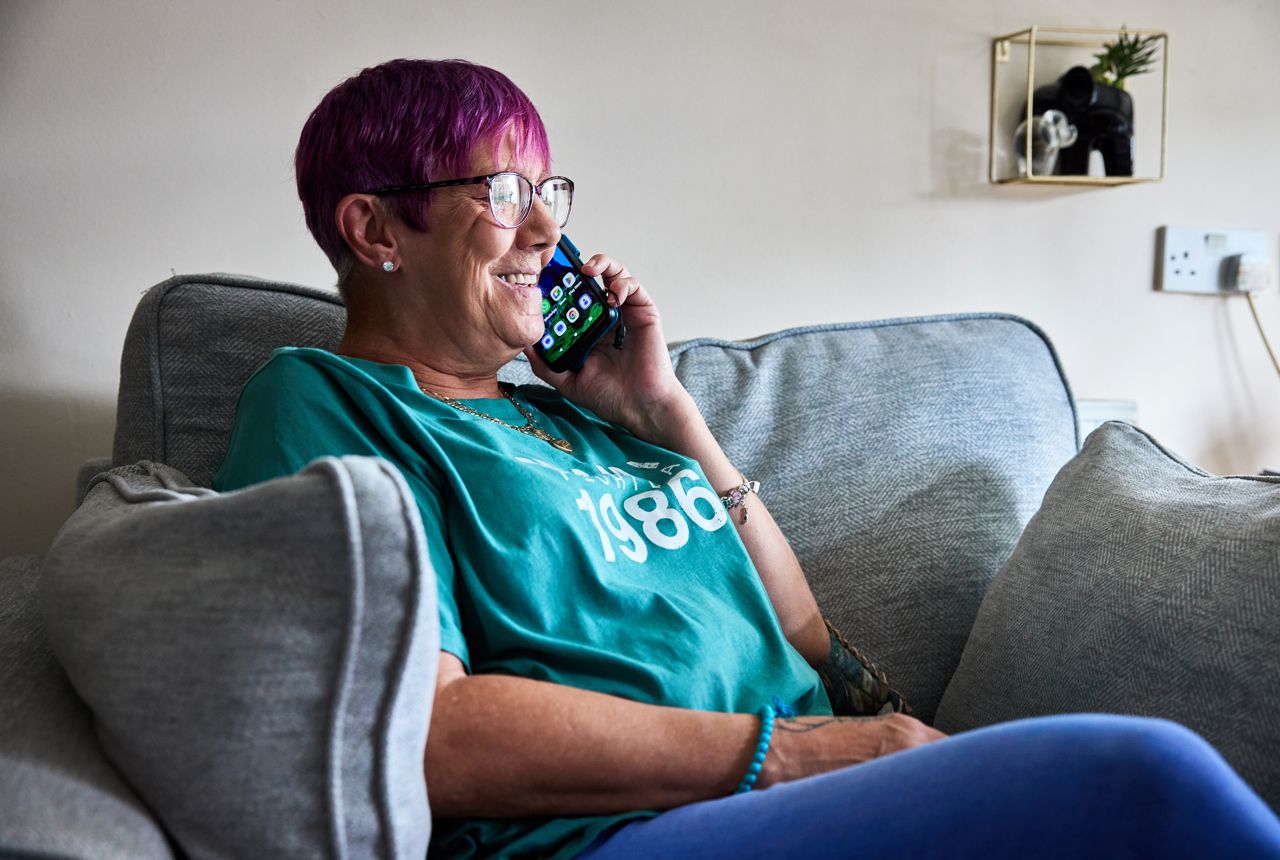There are different ways you can be scammed, here are some of the most common scams to look out for:
Doorstep scams happen when someone comes to your door and tries to scam you out of your money or gain access to your home. They can take the form of door-to-door sales, someone pretending to be a trader, charity collector or even someone in need of help.
Doorstep scammers aren't always pushy and persuasive, and may even seem polite or friendly, but that doesn't always mean you can trust them.
Postal scams are sent in the mail. They can be addressed to you directly, and even use your name. They contain fake claims or offers that are designed to con you out of your money.
A cold call is a phone call out of the blue from a company or person you've never dealt with before, usually trying to sell you something. They aren't always scams, but they can be irritating.
What to do
Falling victim to a scam can be deeply upsetting, affecting both your emotions and finances. Remember, you're not alone—support is available to help you through it.
If you've been scammed, it's crucial to speak up and seek support. There's no need to feel embarrassed—scammers use highly sophisticated tactics to deceive you by impersonating trusted individuals or organisations.
- The police: If you feel threatened or if you're in immediate danger, call 999. If it's not an emergency, call 101.
- Your bank: If you've noticed any unusual activity with your bank account, call the centralised number 159 or the phone number on the back of your bank card. If you lost money, your bank may be able to recover it in certain situations – but it's not always possible. Your bank may cancel your current card and send you a new one to stop any other fraudulent transactions from your account.
- Action Fraud: Report any kind of fraud by giving them a call or reporting it online via their website.
- Citizens Advice: Contact Citizens Advice for information and advice about how to avoid scams and fraud. Their consumer services also provides information and advice on consumer issues by telephone and online.
- Samaritans: You can call their helpline on 116 123 if you feel low or anxious and need someone to talk to.
More information and support can be found on the Age UK website
Look out for these warning signs:
- Unusual amounts of post or letters in their home.
- Evidence of large cash withdrawals or multiple cheque payments.
- Lack of money to pay for other things.
- Lots of phone calls from strangers or companies.
- Being secretive about any of these behaviours.
More information and support can be found on the Age UK website
If you’ve been scammed, you need to:
-
protect yourself from further risks
-
check if you can get your money back
-
report the scam
Read more on the Citizen's Advice website.


